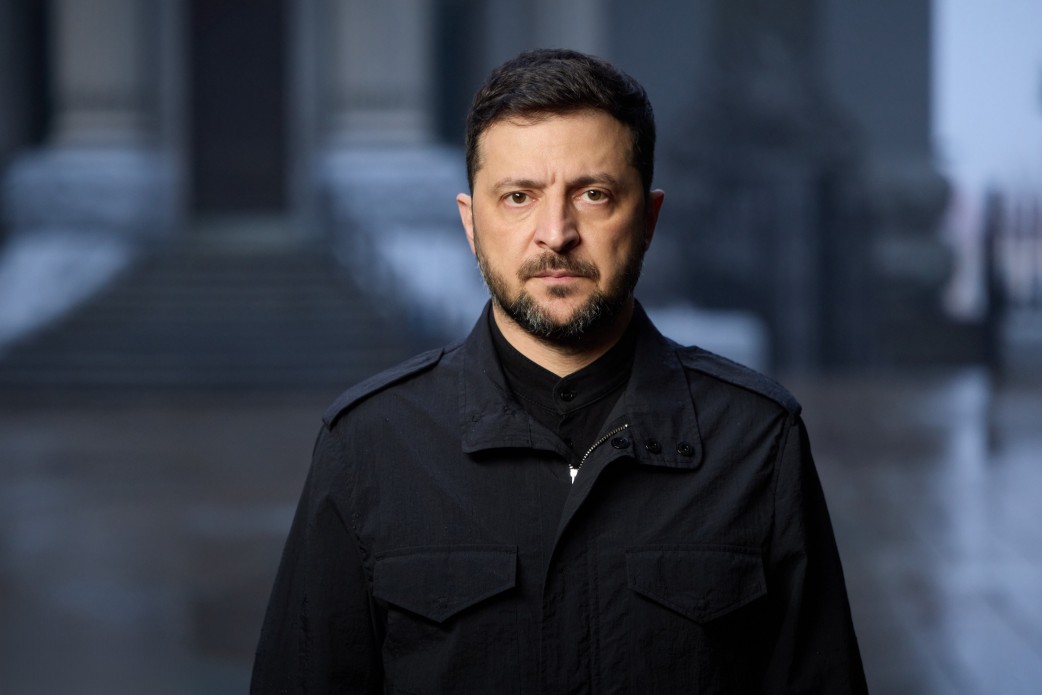Ukraine and European Allies Reject Key Elements of US–Russia Peace Plan

Following a joint call with President Volodymyr Zelenskyy, Ukraine's leading European allies rejected key elements of the US-Russian plan to end the war.
The Gaze reports on it, referring to Bloomberg.
During a phone call with Volodymyr Zelenskyy, the leaders of Germany, France, and the UK stressed that Ukrainian forces must retain the ability to defend their sovereignty, and that the current front line can only be a starting point for possible negotiations.
“They (German Chancellor Merz, French President Macron, and British Prime Minister Starmer, ed.) agreed that any agreement affecting European states, the European Union, or NATO requires the approval of European partners or consensus among allies,” according to a press release from the German Federal Government.
European capitals have presented a united front against elements of the US-Russia plan that provides for the de facto recognition of the occupied territories as Russian, the constitutional enshrinement of Ukraine's neutral status, and a sharp reduction in its military capabilities.
Moreover, EU leaders have agreed to hold a separate meeting on the sidelines of the G20 summit in South Africa to determine a coordinated approach to the next steps and assess how the European Union can strengthen its support for Kyiv amid declining US aid.
Meanwhile, Kyiv has stated that it is ready to work on the document provided by the US, but will demand that any plan ensure a genuine and dignified peace.
On the eve of the G20 summit, European Commission President Ursula von der Leyen and European Council President António Costa claimed that Brussels had not received any official document. However, this does not mean that the EU has been excluded from the diplomatic process. Von der Leyen stressed that the European Union is actively participating in all discussions concerning the future of peace in Ukraine.
EU High Representative for Foreign Affairs Kaja Kallas also emphasized that any plan to end the war must be agreed not only between the mediating states, but above all between Ukraine and the European countries. According to her, peace cannot be built on concessions to an aggressor who continues to attack civilian targets on a daily basis — with 93% of Russian strikes, according to the EU, targeting non-military targets.
Earlier, the US presented President Volodymyr Zelenskyy with a draft separate agreement on ten-year security guarantees, modeled on Article 5 of the NATO treaty. The document, obtained by Axios, stipulates that a large-scale Russian attack on Ukraine would be considered by Washington and key European allies as a threat to the entire Euro-Atlantic space, with the possibility of military, intelligence, economic, and diplomatic support.
These guarantees are to complement a broader 28-point document on a potential settlement between Kyiv and Moscow, which envisages radical concessions: Ukraine's renunciation of NATO membership, restrictions on its armed forces, de facto recognition of the occupied territories as Russian, political conditions such as early elections and amnesty, and the gradual return of the Russian Federation to the world economy in exchange for the reconstruction of Ukraine.
In the US, this plan is presented as a way to quickly stop the fighting, but in Kyiv and most European capitals, there are warnings that such an approach could cement the Kremlin's territorial gains and make Ukraine's future security dependent on the will of external partners.
Read more on The Gaze: What Could Security Guarantees for Ukraine Look Like?